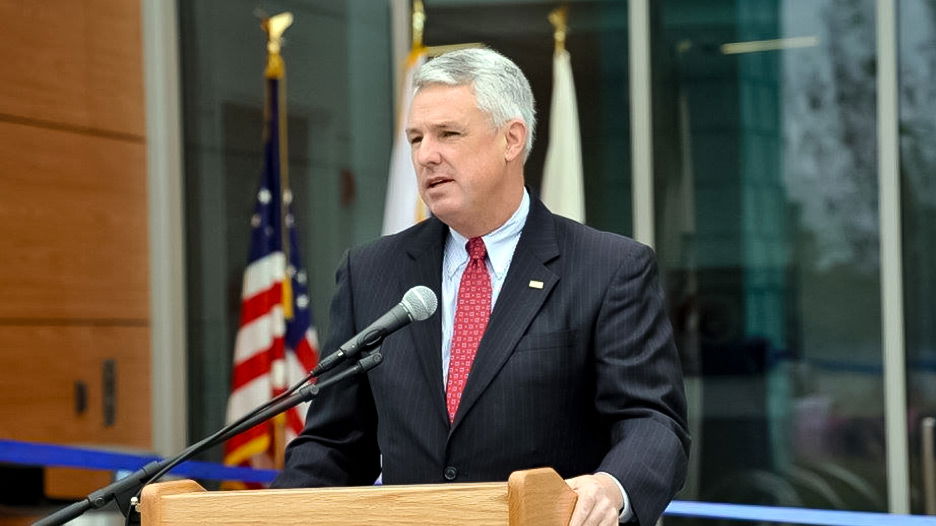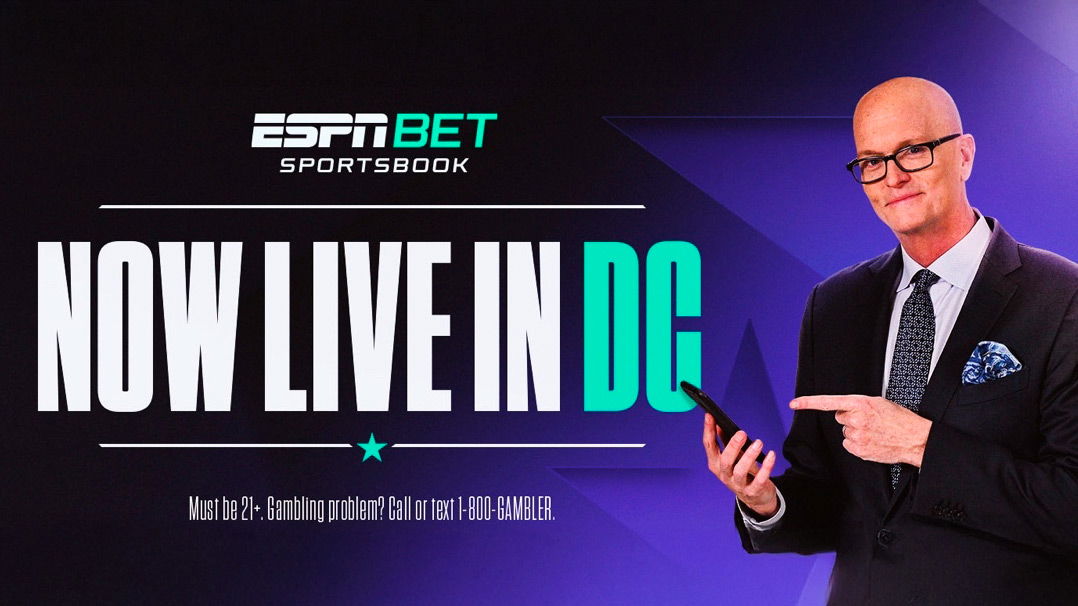Ohio Senate passes sports betting, gambling expansion legislation

The Ohio Senate passed a bill Wednesday that would legalize betting on professional, college, Olympic, and other sports, reports Cleveland.
Senate Bill 176 passed 30 to 2. Sen. Matt Dolan abstained from voting due to his family ownership of the Cleveland Indians. The bill will now be sent to the Ohio House. If all goes according to lawmakers' plans, Ohioans could be placing bets as soon as April 1, 2022.
The bill is sponsored by Senators Niraj Antani, R-Miamisburg; and Nathan Manning, R-North Ridgeville, and outlines three types of gaming licenses: mobile, brick and mortar, and kiosk.
SB 176 would create up to 25 type A licenses for online gaming businesses, including companies that have mobile apps, regulated by the Casino Control Commission.
It would additionally create up to 33 type B licenses for brick-and-mortar casinos, racinos, and in-person sportsbook businesses regulated by the Casino Control Commission, with the number of each license depending on a county’s size; at least three.
Also, the bill would provide no more than 20 type C licenses through self-service terminals that bars, restaurants, bowling alleys, and similar liquor permit holders can obtain, regulated by the Ohio Lottery, with help of the Casino Control Commission, with a maximum of $200 a day in bets from the same credit or debit card.
SB 176 would impose a 10% tax on the net revenue from sports gambling received by sports gaming license holders. After deductions for tax refunds and administrative costs, 98% of the money would be transferred to a fund to be used for K-12 public and private education; 2% would go to the Problem Sports Gaming and Addiction Fund.
Gambling would be limited to people age 21 and older, said bill sponsor Sen. Nathan Manning, a North Ridgeville Republican.
Sen. Niraj Antani, a Dayton-area Republican, also a sponsor, said: “Sports provides that intangible in our society. It’s with your friends, watching the Bengals throw that Hail Mary at the end of the game. Watching the Cavaliers drain that buzzer-beater, or watching the Reds, one run down at the bottom of the ninth, with a man on third and the batter with a full count. It’s about rooting for the home team in a very, very divisive time in our society.”
TODAY: The Ohio Senate passed my bill along with joint sponsor @Manning_Nathan to legalize sports betting in Ohio! The bill will allow sports betting on online mobile applications and at in person sports books. We are on step closer to having sports betting in Ohio! pic.twitter.com/VFjEU1Jl67
— Niraj Antani (@NirajAntani) June 16, 2021
The bill also allows Ohio fraternal and charitable organizations to have up to 10 electronic instant Bingo machines, which would be regulated by the Ohio Attorney General’s Office. Proceeds would benefit the organizations.
The Fair Gaming Coalition of Ohio, which represents the bars, taverns, restaurants, bowling alleys, and other businesses that sell Ohio Lottery products, is opposed to the bill as it’s currently written.
“Right now, 10,700 businesses in all 88 counties have the opportunity to be able to provide this through the lottery,” the coalition’s Greg Beswick said. “That can be done through the kiosks that are set up, through Kino.”
Under SB 176, Ohio’s existing casinos will be able to offer enhanced products that most of the other businesses in the coalition will not be able to offer, Beswick said. Since only three to 20 businesses in the coalition will be selected to offer sports betting, they’ll have to buy new equipment and licenses.
“It’s giving a monopoly to the four entities again, the casinos around the state, instead of cutting it into 10,700 small businesses,” Breswick said.
Also part of the coalition, are public education advocates concerned about marketing and promotion costs run up by the online apps and casinos. Those will be counted against the net profits - and ultimately provide less money for schools.
For instance, if a business gave a player a $25 coupon, the $25 would be counted as promotion costs, he said.
















































